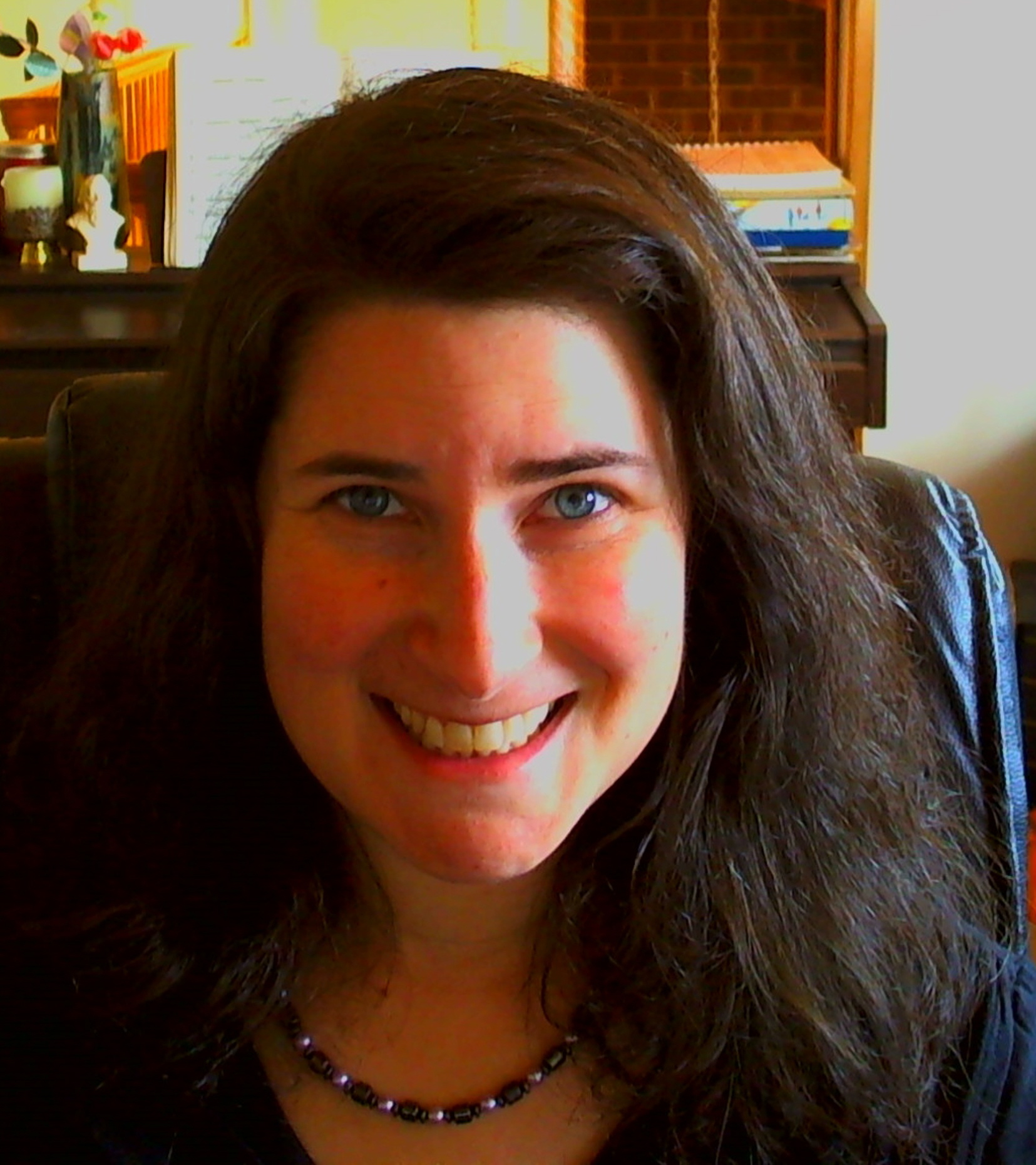Oh boy! This recent article America’s Orchestras are in Crisis is the entire kit and kaboodle of what is currently going wrong with orchestras today. It is a very windy article so I will attempt to summarize a few points to help me and you wrap our brain around it:
- The outreach and diversity efforts of the past (and present) are not yielding the results necessary to keep orchestras in good standing.
- Many orchestras are in trouble, have folded, or are going bankrupt.
- There is a disconnect between current pop-ish programming and the traditional listeners of today.
- There is also a differentiation between traditional listeners (those who want Beethoven all the time) and serious listeners (those who will listen to anything worthwhile).
- Music has evolved past the salon days. Composers who wrote in the day of audience “submission” had the capability to write music that was front and center and required broader listener skills.
- Today, younger audiences rather be in a “salon” setting, which “disrupts” both the traditional and serious listeners’ experience.
- The musicians want to continue to perform worthwhile music, and not so much the pop crap. They blame the board and staff for not aggressively fundraising.
- Programming is bland and similar around the nation. There are no ties to local community anymore to make the orchestra a unique entity for a region.
- The board and staff blame the economy for the recent downturn. The board solution is to cut programming, marketing, staff and musician pay and benefits.
- The product of the orchestra has been reduced to piecemeal performances instead of the subscriptions of the past. It is more costly functioning in this manner.
- This article points out several of the problems, but does not even mention thoughts about ideas and solutions.
If I missed any important points, please do comment below. I realize this is an entire can of worms and a worm might have escaped my attention.
I am still processing all of this, but I did have a few gut reactions:
- The reason that outreach and diversity have not produced the results desired is the fact that these programs do not follow up and follow through after the fact. As I mentioned before, performing for a group of children once in their school year is not going to instantly produce a younger audience now and in the future. Creating diversity takes an ongoing effort as well. There are no quick fixes despite our desire for one. It is going to take hard work and continual effort to build relationships and connections with our existing and potential audiences.
- The musician vs. the board/staff is only creating more drama. Adding more problems is not going to solve anything. Please start functioning as a team instead of separate entities within the organization.
- It would be wise to program locally keeping your local audiences in mind. One-size does not fit all. People are different from region to region. Every orchestra’s audience is different. It’s time to start catering to the needs of our local audiences. This will also help brand and differentiate among all the competition. It’s time to be unique again.
- There are many ways to engage and connect with your audiences. Today, you can build relationships and find out who your audiences are as people and what they prefer. Then, you can create programming, presentations, outreach efforts, etc. that they will enjoy. This does not mean you cannot challenge your audiences, but you can consider your challenges in the realm of what they prefer. I hope this makes sense.
- Fundraising does need to be implemented in a team fashion. Everyone should be responsible for the health of the organization. If you don’t ask, you won’t get anywhere, and everyone should ask if they see an opportunity to do so, or at least send them to the right people that are not shy about it.
- Elitism is still a big elephant in the room. Tradition is established by people of a certain time and place. Maybe we do need to consider that it might be time to make some changes in how we relate, perform and connect with our audiences of today.
I could go on and on, like the article, but I will stop here for now. Please do feel free to add your 2 cents. There is much to be discussed. However, I hope these conversations will quit harping on all the problems, which we already know about, and instead focus on creative or sometimes common sense ideas and solutions to get us out of this “crisis.” We can evolve past all of this, if we want to.
Cheers to happy and loyal audiences,
Shoshana
Shoshana Fanizza
Audience Development Specialists
https://www.buildmyaudience.com
“Never treat your audience as customers, always as partners.”
~James Stewart
Please consider supporting ADS so we can continue our work. Donate here!





